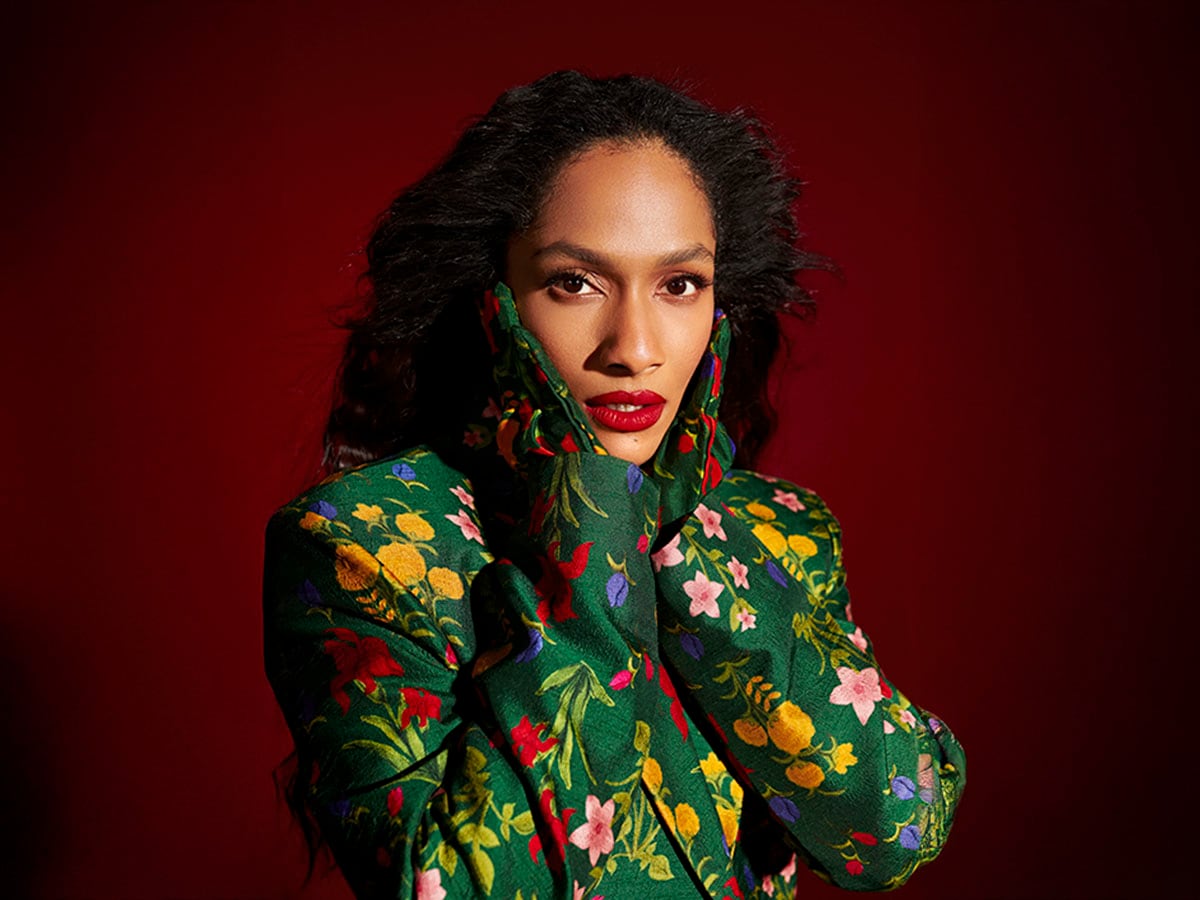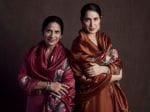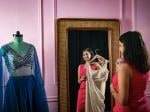I had decided I'd never start a family unless a solid investor backs my business: Masaba Gupta
The fashion designer and entrepreneur talks about what keeps House of Masaba agile against a disruptive backdrop, how consumers are questioning the cost of designer brands, and why she decided to sell 51 percent stake to Aditya Birla Fashion and Retail
 Masaba Gupta, founder, House of Masaba
Image: House of Masaba
Masaba Gupta, founder, House of Masaba
Image: House of Masaba
Over the past fifteen years, Masaba Gupta, founder, House of Masaba, has carved a niche for herself as a fashion designer. The entrepreneur and actor says, “I wouldn't have it any other way because I have found such a great creative outlet; to dress women, to put makeup on women, to give them products that they can use every day of their lives.”
Gupta, who announced the birth of her daughter on Saturday, calls House of Masaba her first child.
“I used to say to myself that until and unless I have the backing of a solid investor or a solid corporate like Aditya Birla Fashion and Retail (ABFRL), I had decided I would never start a family, even start planning for a family, until that's sorted, because that's my first baby. I have to make sure that there's somebody co-parenting with me,” she said in an interview on Forbes India Pathbreakers in August.
In the free-wheeling chat, Gupta talks about how she built her brand from the ground-up, new segments she is likely to enter in the coming year, and important trends shaping the industry. “Consumers have become much smarter and they are suddenly questioning the cost of designer brands,” she notes. Edited excerpts:
House of Masaba: ‘Built it on the back of storytelling’

















